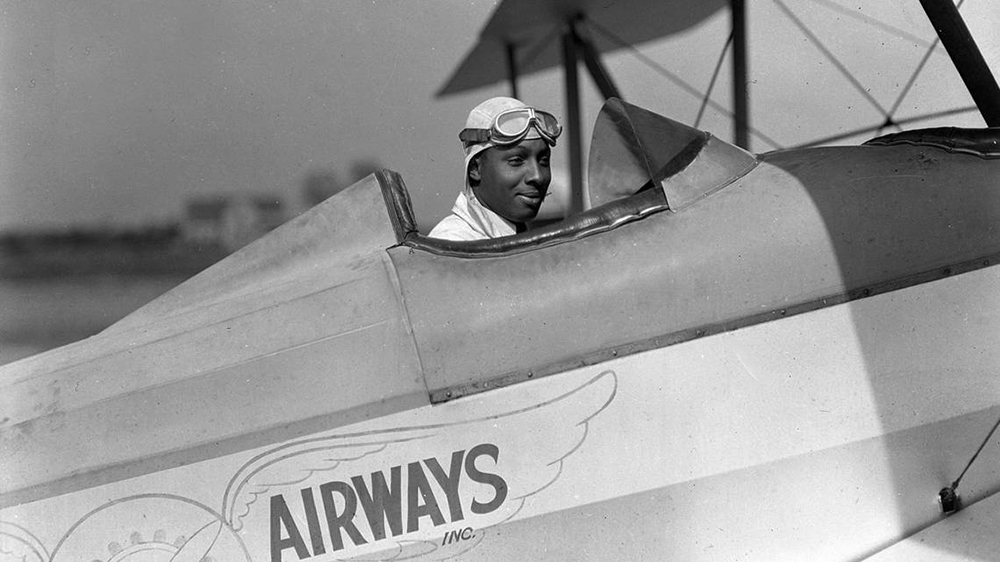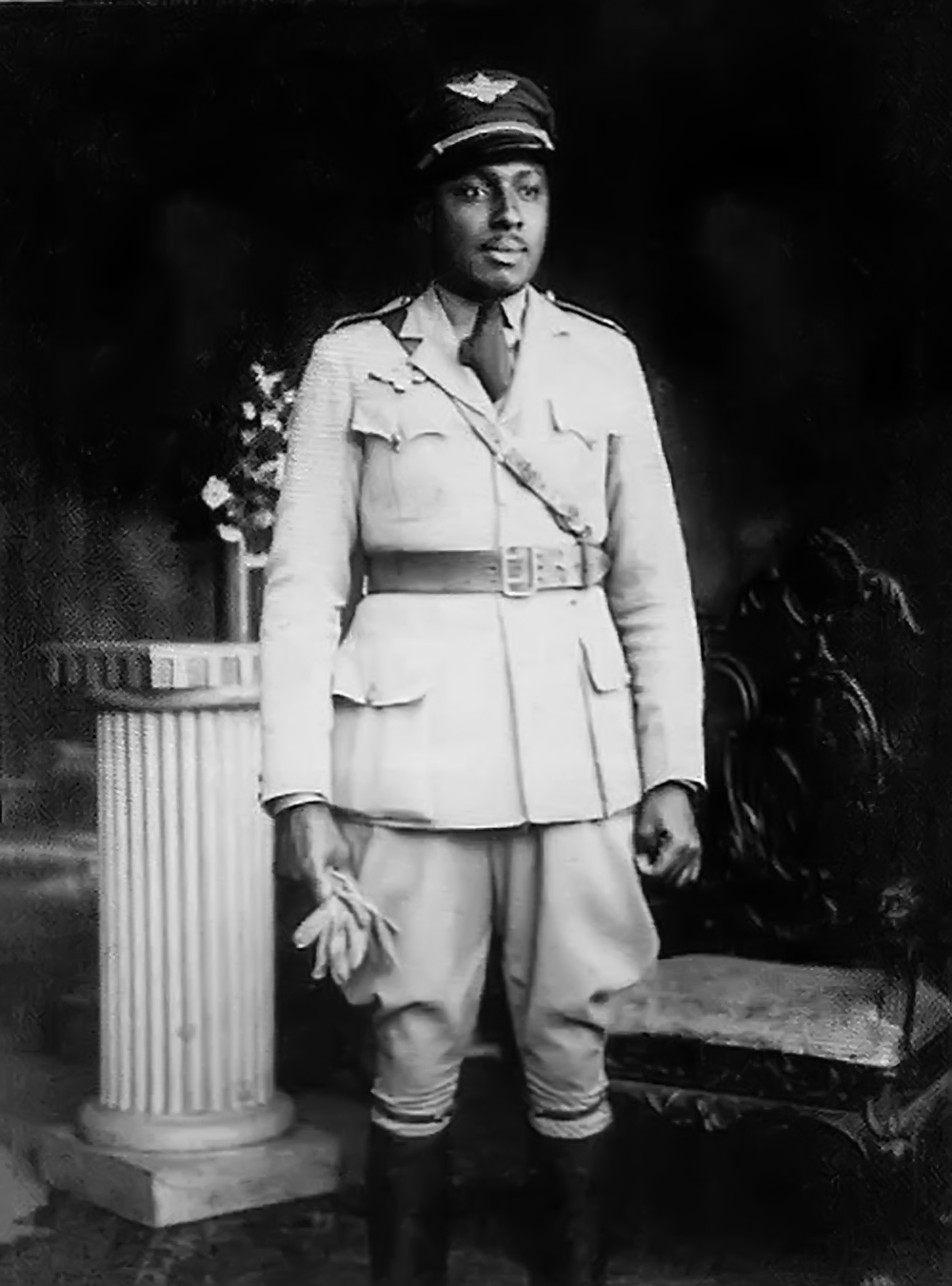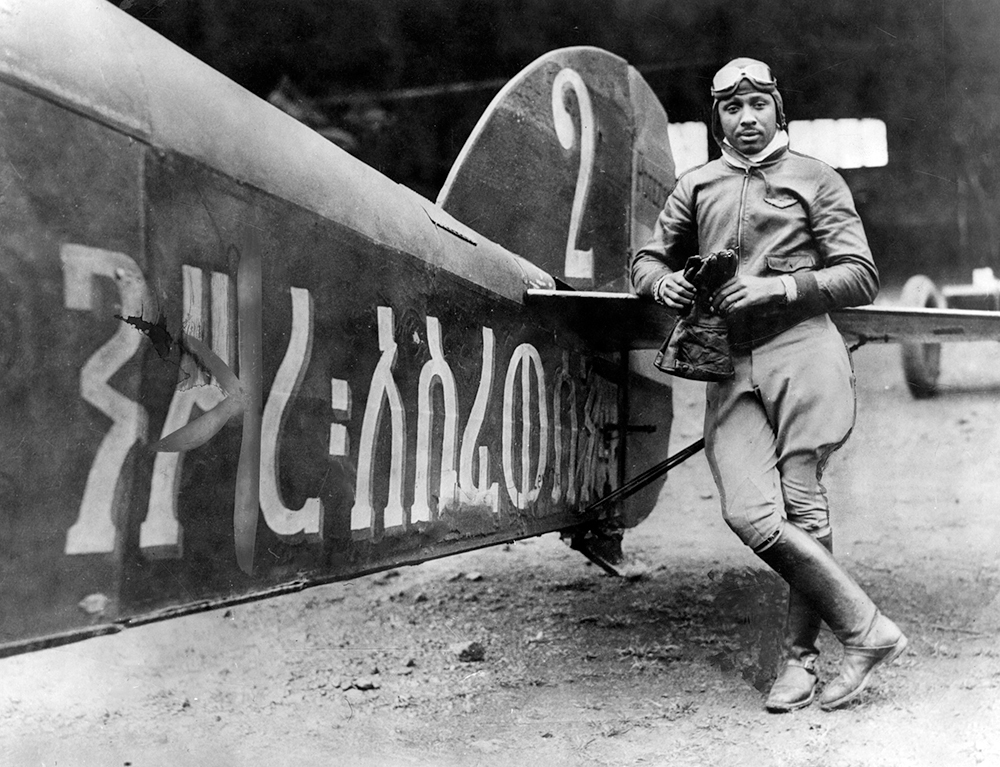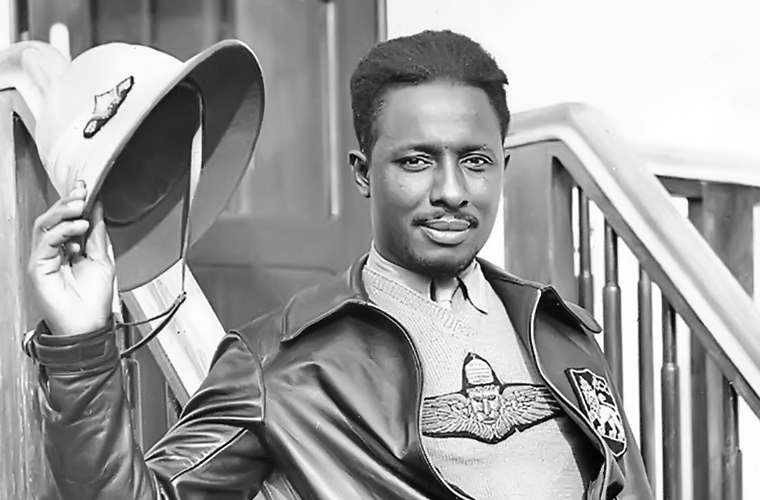John Charles Robinson, better known as the Brown Condor, was born on June 26, 1903, in Florida, USA. As an African-American growing up in the Jim Crow era, Robinson was subject to racism and discrimination. However, he was determined to pursue his passion for aviation, and he taught himself to fly with the help of a former World War I pilot.
Robinson started his flying career in the 1920s as a barnstormer, performing stunts and aerial exhibitions across the United States. However, he soon realized that he faced significant barriers as a black aviator, as most flying schools and aviation companies did not accept African-American pilots. Robinson persisted, and he eventually became a skilled pilot and aircraft mechanic.

In the early 1930s, Robinson heard about an opportunity to work as an aviation advisor for the Ethiopian government. Ethiopia was one of the few African countries to resist colonization and had become an independent nation. Emperor Haile Selassie wanted to establish an air force to modernize the Ethiopian military and protect the country from Italian aggression. Robinson saw this as an opportunity to use his skills and experience to help a country that shared his vision of black independence.
Robinson arrived in Ethiopia in 1935 and immediately got to work. He trained Ethiopian pilots and mechanics, established an aviation school, and helped build the necessary infrastructure for the Ethiopian Air Force. When Italy invaded Ethiopia in 1935, Robinson and his fellow pilots flew combat missions against Italian forces, providing critical intelligence and support to the Ethiopian ground troops.

Robinson’s most significant contribution during the war was leading a bombing raid on an Italian airfield in the town of Adwa, destroying several enemy aircraft on the ground. This mission was a turning point in the war, as it showed the world that an African air force could defeat a European one.
Despite the Ethiopian victory over Italy, Robinson knew that the war had taken a toll on the country’s economy and infrastructure. After the war, he remained in Ethiopia to help rebuild the country’s aviation industry. He established Ethiopia’s first civil aviation school, which trained pilots and mechanics for commercial airlines. Robinson also helped design Ethiopia’s first international airport and served as the country’s chief aviation advisor until 1948.

Robinson returned to the United States in 1948, but he found that the aviation industry was still closed to African Americans. He worked as a civil rights activist and encouraged young African Americans to pursue careers in aviation. Robinson passed away in 1954, but his legacy as the Brown Condor lives on. In 2013, he was posthumously inducted into the National Aviation Hall of Fame for his contributions to the field of aviation and his role in Ethiopian history.

